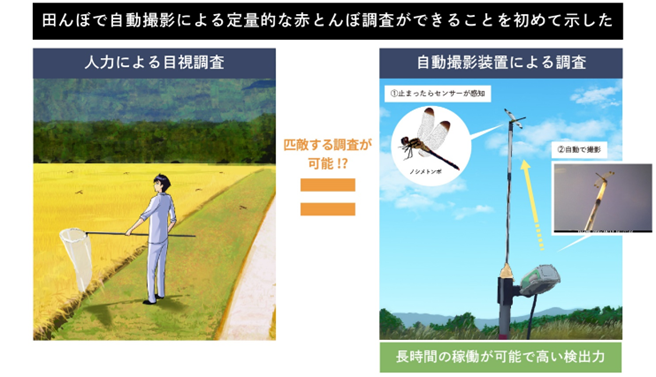2023-03-09 インペリアル・カレッジ・ロンドン(ICL)
イギリスのランディ島のスズメの集団を用いた遺伝子学的研究により、スズメが異性の友達が多い場合、その繁殖期に遺伝子を遺伝させることに成功しやすく、これが短期的にはメリットを生むことがわかった。しかし、長期的には、極端に内向的でも外向的でもない「普通」の社交性を持つスズメが繁殖成功に優位であることも明らかになった。
<関連情報>
- https://www.imperial.ac.uk/news/242577/being-friendly-friendly-helps-sparrows-breed/
- https://academic.oup.com/beheco/advance-article/doi/10.1093/beheco/arac124/7072582
異性間の付き合いは年間の体力と連動するが、社会性は生涯にわたって安定する Opposite-sex associations are linked with annual fitness, but sociality is stable over lifetime
Jamie Dunning, Terry Burke, Alex Hoi Hang Chan, Heung Ying Janet Chik, Tim Evans, Julia Schroeder
Behavioral Ecology Published:08 March 2023
DOI:https://doi.org/10.1093/beheco/arac124

Abstract
Animal sociality, an individual’s propensity to associate with others, has fitness consequences through mate choice, for example, directly, by increasing the pool of prospective partners, and indirectly through increased survival, and individuals benefit from both. Annually, fitness consequences are realized through increased mating success and subsequent fecundity. However, it remains unknown whether these consequences translate to lifetime fitness. Here, we quantified social associations and their link to fitness annually and over lifetime, using a multi-generational, genetic pedigree. We used social network analysis to calculate variables representing different aspects of an individual’s sociality. Sociality showed high within-individual repeatability. We found that birds with more opposite-sex associates had higher annual fitness than those with fewer, but this did not translate to lifetime fitness. Instead, for lifetime fitness, we found evidence for stabilizing selection on opposite-sex sociality, and sociality in general, suggesting that reported benefits are only short-lived in a wild population, and that selection favors an average sociality.


